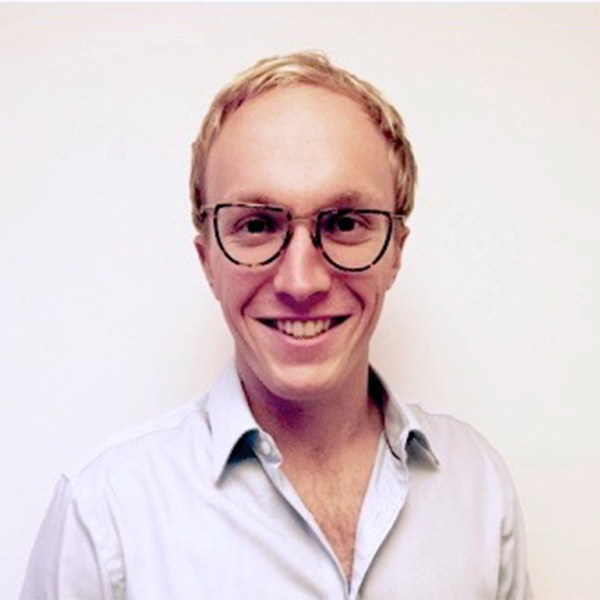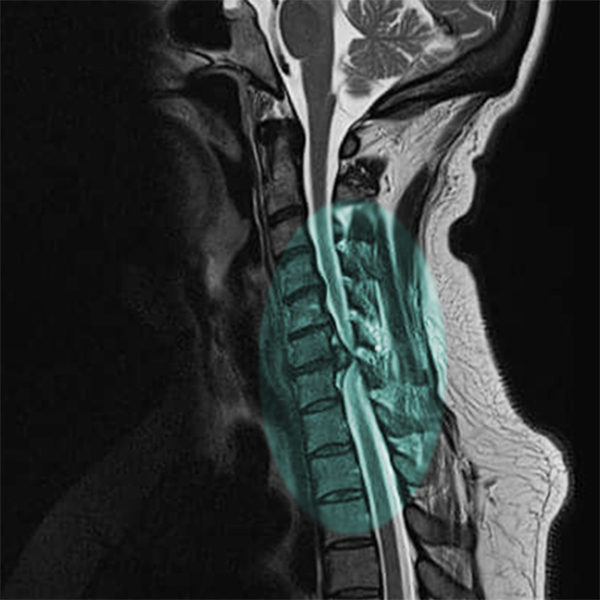Uniting DCM research groups around the world:

Degenerative cervical myelopathy is the number one spinal impairment in the world—affecting as many as 2 percent of adults—and an AO Spine project is bringing together research groups worldwide to accelerate research to improve DCM outcomes.
The AO Spine Research Objectives and Common Data Elements for Degenerative Cervical Myelopathy (RECODE-DCM) initiative is an international, multidisciplinary collective bringing health care professionals together with people living or caring for people with the disease—and it has already made strides to aid and align future discoveries in DCM by developing a research toolkit. The group today is tackling yet another barrier to progress by addressing the disunity of research groups working independently around the world.
Over the past 18 months, the group has identified its ten top research priorities, established a core outcome set, and agreed upon an index term and definition for DCM. While knowledge discovery is an important first step, putting this new knowledge into practice is essential to improving DCM outcomes.
One significant barrier to making that progress has been the low level of interaction between research groups working independently around the world.

“The challenge that we face in DCM research is that it’s a fairly inhospitable landscape. We’ve got a significant lack of research investment, a fragmented research community, and a focus on small pieces of what is a very complex jigsaw.”
Benjamin Davies, United Kingdom spine surgeon and coprincipal investigator with the AO Spine RECODE-DCM study
Finding synergies
Importantly, each incubator’s members represent at least four out of five AO Spine regions, exchanging perspectives and increasing synergy internationally, establishing a foundation for progressing faster and more effectively for patients.
Spine surgeon and AO President Robert McGuire, speaking to the AO network at the AO Davos Courses 2020, urged spine surgeons to get involved with AO Spine RECODE-DCM.
“Despite treatment, less than 5 percent of people with DCM will make a full recovery, and most people will have a lifelong disability and some of the lowest quality of life scores for long-term conditions,” McGuire said. “AO Spine RECODE-DCM…aims to improve the lives of those affected by DCM, through refining the way DCM research is carried out in the future. All spine surgeons have a role to play in changing how people experience this condition—from diagnosis and treatment to prognosis, and maybe even prevention.”
Visit the AO Spine RECODE-DCM community website for further details about the incubators, ambassadors and participants, projects, and educational materials. To submit research ideas, get further information, and subscribe to the AO Spine RECODE-DCM newsletter, contact AO Spine Knowledge Forum Spinal Cord Injury Research Project Manager Olesja Hazenbiller at ohazenbiller@aospine.org.


